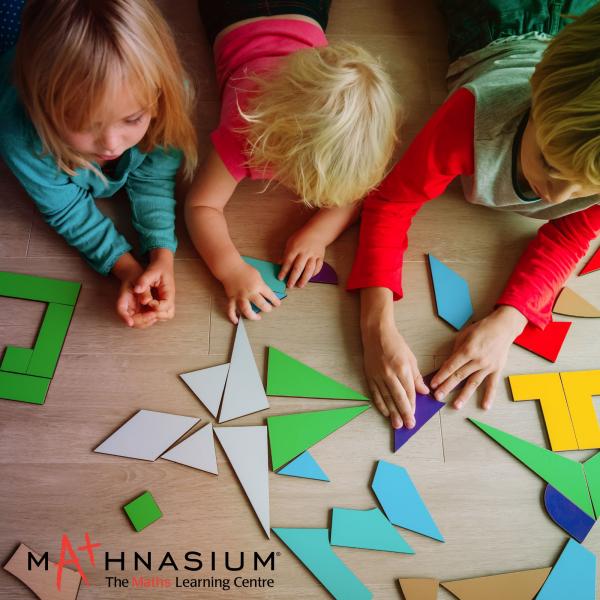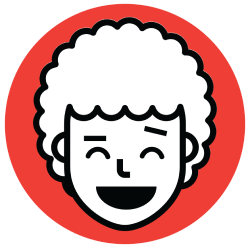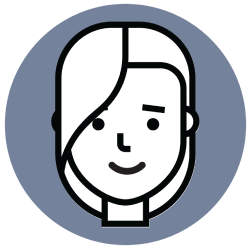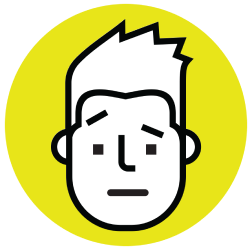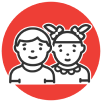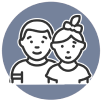Maths is more than just addition, subtraction, division, and multiplication. Most maths skills are so intuitive to adults that you might not even think of them as belonging to the same category as algebra or trigonometry. Kids start learning maths much earlier than you might think. You can start teaching your child the fundamentals of maths almost from the day he or she is born. So, when should your child start learning maths and establish school readiness? Let’s find out!
Babies
Even the youngest child understands the core concepts of maths. Infants thrive on routine. They seek patterns in their everyday lives. Regular routines of sleeping, waking, and feeding set the foundation for a lifetime of maths essentials. As your child gets older, recognise that maths occurs naturally in many types of play. Stacking rings by size is a form of sequencing. Dividing objects by shape or colour is sorting. Placing one box inside another builds awareness of size and space, establishing school readiness from a very young age.
Toddlers
Toddlers have a wonderful time learning early maths skills. You can begin exploring concepts such as big, small, one, and many. Place toys over, under, or next to each other. Pour water or sand from one container to another as you tackle the concept of volume. Size, shape, and colour all come into play with most toddler’s toys, from blocks to the play kitchen.
Start counting with your toddlers to get them familiar with core number concepts. Sing counting songs. Count your steps, hops, or leaps on the playground. Count fingers and toes. Count the stuffed animals on the bed or the blocks in the box. In being repetitive and consistent, these numbers will soon become recognisable and second nature to your little one getting them ready for school.
Preschoolers
Between the ages of 3 and 5, children will become much more familiar with the numbers in their environment. They’ll start to recognise numbers written on paper, and by age 5 they’ll be writing many of these numbers on their own. Don’t be alarmed when numbers show up backward. This is perfectly normal for children in this stage of life.
You’ll find a wealth of counting books at the library or your local bookshop. Read these voraciously. Not only will they help your child recognise written numbers but they’ll also help with sequencing and make counting a fun-filled adventure. Remember that maths is still all about play, and establishing maths as fun can help this carry over into formal education and promote school readiness. Make patterns in your craft projects, identify items that are the same or different, and explore intriguing comparisons between sizes and quantities in the world around you.
Early Primary School Maths
Primary school is when maths slowly transitions from the world of songs, rhymes, and toys to one with pencils, and papers. Between the ages of 5 and 7, your child will start working on simple addition and subtraction problems and basic fractions. Money and time will suddenly have concrete meanings. Counting by ones transitions into skip counting by twos, tens and fives.
This is when many children start to struggle with maths because it can become more of a chore than a game. Pursue playful maths anywhere you can! Incorporate it into family game night, and pull out board games with money or dice, which incorporate maths naturally and seamlessly. Play card games such as War. Something like baking cookies can offer a fun way to practice maths skills as you measure ingredients or halve a recipe.
For a closer look at other maths activities you can do with your children, see the brochure, “Maths Tips for Parents Grades K-5”, available at your local Mathnasium Learning Centre.






